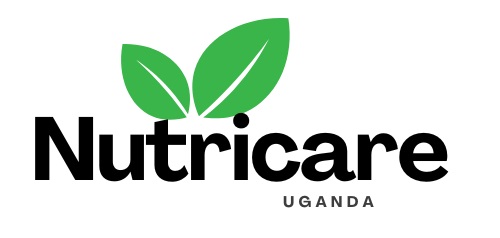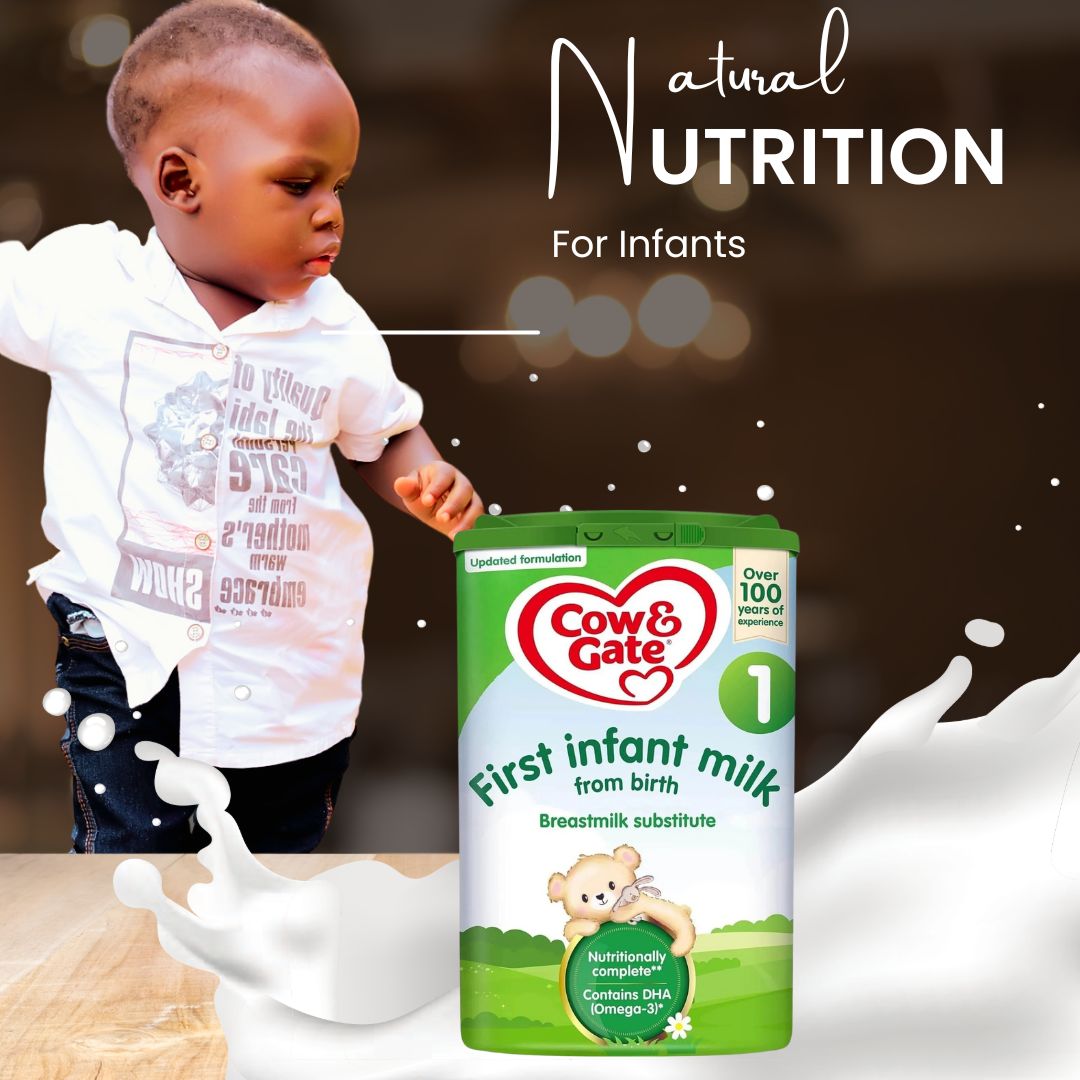Best Pregnancy Supplements
Pregnancy is a miraculous journey that requires Best Pregnancy Supplements. As a mom-to-be, it’s essential to ensure that both you and your developing baby receive the necessary nutrients for optimal health. While a balanced diet is the foundation of good nutrition during pregnancy, sometimes it’s difficult to obtain all the essential vitamins and minerals solely from food. This is where pregnancy supplements come into play. In this article, we will explore the most recommended supplements to support you during this incredible time.
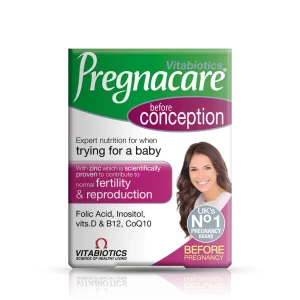
Why Are Supplements Important During Pregnancy?
During pregnancy, your body goes through numerous changes and demands higher levels of certain nutrients. Supplements can help fill nutritional gaps and ensure that both you and your baby get what you need for healthy development. Here are a few benefits of taking pregnancy supplements:
-
- Supports fetal development: Supplements provide vital nutrients that are crucial for fetal growth, including brain and spinal cord development.
-
- Reduces risk of complications: Adequate nutrients can help minimize the chances of pregnancy-related issues, such as anemia, gestational diabetes, and preterm birth.
-
- Supports maternal health: Keeping your own health in check helps you to maintain your energy levels and manage pregnancy symptoms.
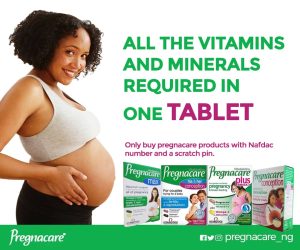
Best Pregnancy Supplements
1. Prenatal Vitamins
Prenatal vitamins are specially formulated multivitamins designed specifically for pregnant women. They usually contain higher amounts of essential nutrients compared to standard multivitamins. Here are some key components to look for:
-
- Folic Acid: Essential for preventing neural tube defects. Aim for 400 to 800 micrograms daily.
-
- Iron: Supports increased blood volume and helps prevent anemia. A daily intake of 27 milligrams is recommended.
-
- Calcium: Necessary for the development of your baby’s bones and teeth. Aim for 1,000 milligrams per day.
-
- Vitamin D: Aids in calcium absorption and supports immune function. The recommended daily allowance is 600 IU.

2. Omega-3 Fatty Acids
Omega-3 fatty acids are crucial for brain and eye development in your baby. They also support heart health and may help to reduce inflammation. Here are a couple of key points:
-
- DHA (Docosahexaenoic Acid): A type of omega-3 that is essential for fetal brain development. A daily intake of 200-300 milligrams is suggested.
-
- Sustainable Sources: Opt for fish oil supplements that are free from heavy metals and toxins.

3. Vitamin D
Vitamin D is critical for maintaining healthy bones and immune function, both for the mother and the developing baby. Many pregnant women are deficient in vitamin D due to limited sun exposure. Recommendations include:
-
- Supplementation: A daily dose of 600-800 IU can help maintain adequate levels.
-
- Testing: Consult with your healthcare provider about testing your vitamin D levels.
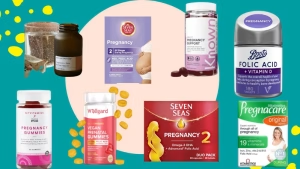
4. Probiotics
Probiotics can help support digestive health and improve gut flora, which may play a role in reducing the risk of complications like gestational diabetes and pre-eclampsia. Consider these tips:
-
- Strains that Matter: Look for probiotics like Lactobacillus and Bifidobacterium, which are well-studied for safety in pregnancy.
-
- Foods rich in probiotics: Incorporate yogurt, kefir, and fermented foods into your diet.
5. Magnesium
Magnesium is essential for muscle and nerve function, as well as energy production. It may also help prevent leg cramps and support a healthy pregnancy. Recommendations include:
-
- Daily Intake: Aim for around 350-400 mg per day.
-
- Food Sources: Consider getting magnesium from nuts, seeds, whole grains, and leafy greens.
6. Iodine
Iodine is important for thyroid function and fetal brain development. Many prenatal vitamins contain iodine, but if you are unsure, consider these guidelines:
-
- Daily Requirement: The recommended daily allowance for pregnant women is 220 micrograms.
-
- Sources: Include iodine-rich foods such as dairy products, seafood, and iodized salt in your diet.
Consult with Your Healthcare Provider
Before starting any supplement, it is vital to consult with your healthcare provider. They can help you determine your individual needs based on your dietary habits, health history, and specific pregnancy requirements.
Conclusion
Nurturing two is an extraordinary experience that demands extra attention to your health and nutrition. The right supplements can support your pregnancy journey by ensuring that you and your baby receive essential nutrients. Always prioritize a balanced diet rich in whole foods, but don’t hesitate to incorporate high-quality supplements to cover any gaps. Your journey into motherhood should be as healthy as possible, ensuring a bright future for both you and your little one.
